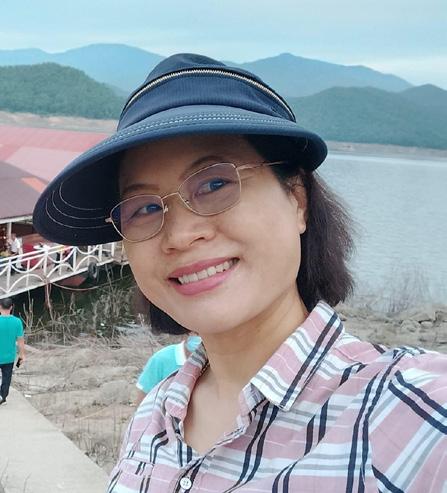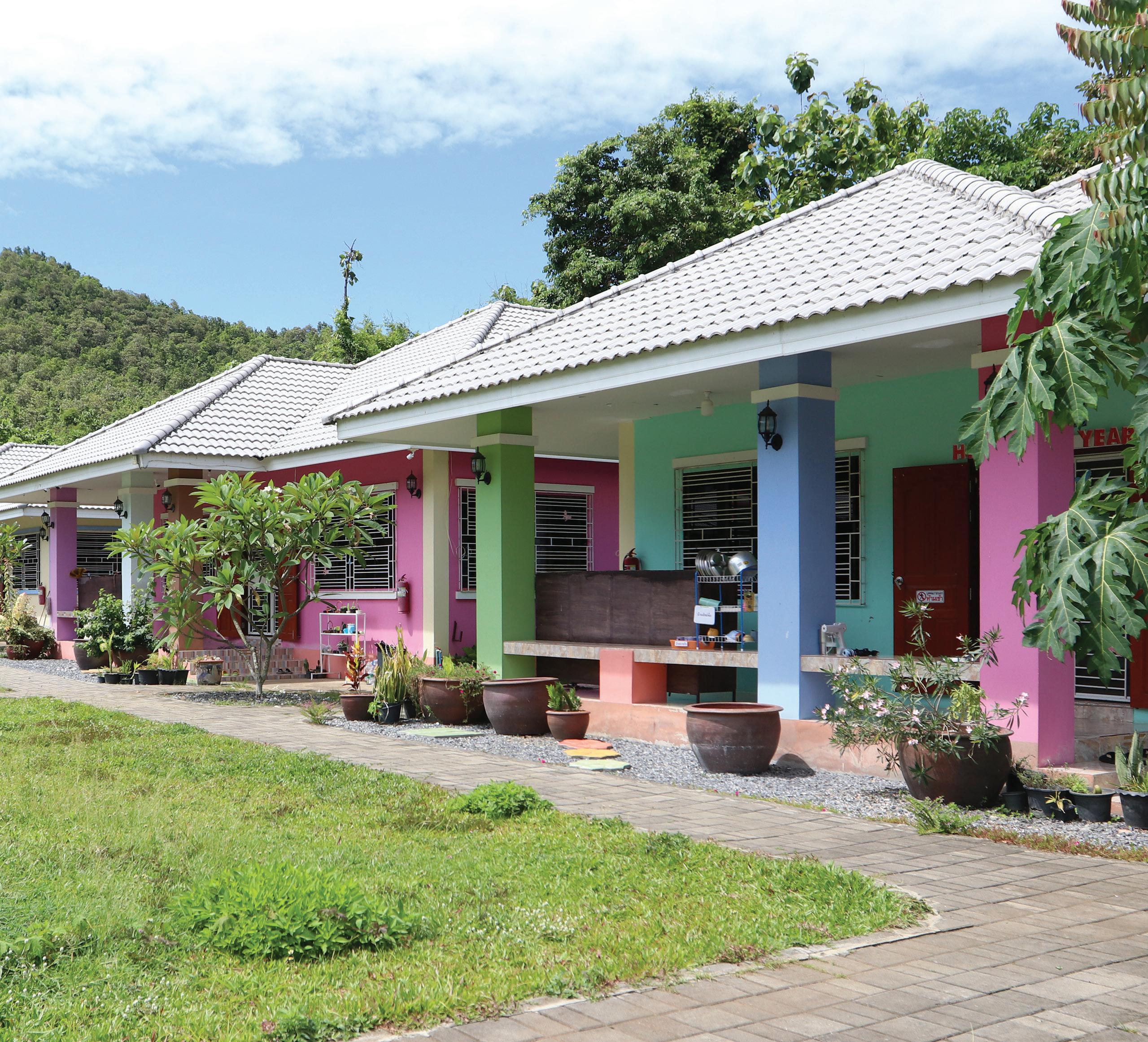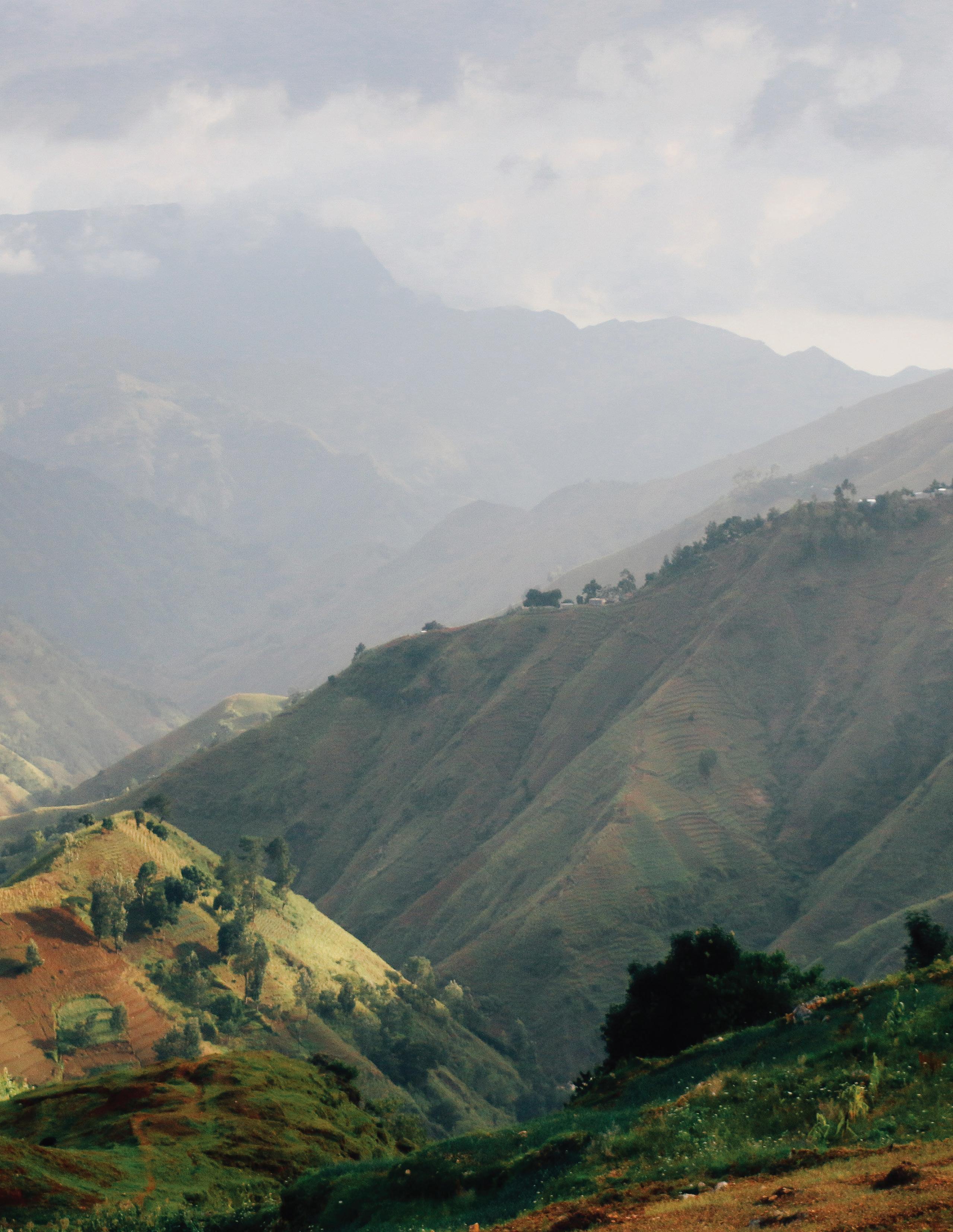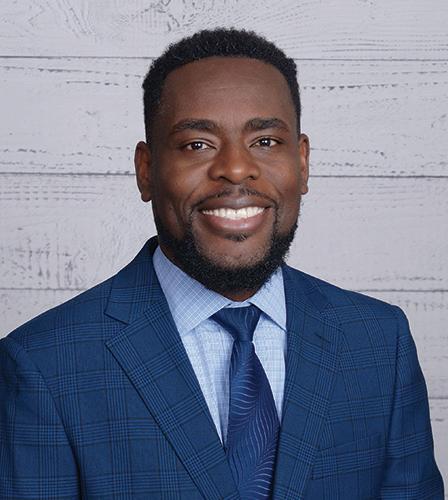
4 minute read
THAILAND
As we look back over 2022, we are so grateful for all the ways that the Lord has blessed the work of Rapha International. We are thankful for each survivor’s journey of healing, and for the wisdom granted to each staff member as they cope with the obstacles and challenges of traumafocused care. And we thank YOU for making this work possible through your financial partnership.
The programs of Rapha International Thailand are constantly growing. Year 2022 again has broken records in all these areas:
Number of survivors referred to Rapha
· Number of successful prosecutions of traffickers and abusers
· Milestones for survivors in education and vocational training
· Family assessment visits made by Rapha social workers
· Counseling hours provided to girls by Rapha counselors Successful reintegrations of girls into their families and communities
· Collaborations with all the relevant departments of the government
As we continue to break records in our service to young survivors, it is clear that the expansion of the program is necessary. We would like to extend special thanks to the Tim Tebow Foundation (TTF) for understanding the need for this expansion and their partnership in the ongoing construction of the TTF Protection Center. Praise the Lord!
Sira is a young woman who experienced safety—for the first time in a long time—at Rapha Thailand. Sira was trafficked as an adolescent and escaped when she was fifteen years old. When she was referred to Rapha, it took her months to actually believe that she was safe and loved.
When she first came to Rapha International, Sira felt cornered and alone. She did not believe anyone had her best interest at heart and made sure they all knew she “wasn’t going to fall for their kindness.” Instead, she was going to fight them. She had always looked out for herself and that wasn’t going to change. She wasn’t prepared for anyone to fight alongside her, but that is what she got.
Her counselors and social workers said that once she accepted the truth of the fact that her trafficker could not take her away from the protection of the Survivor Care Campus, her demeanor began to change. She ate lunch with the other girls. She participated in art, music, and free time. She committed herself to school because now she could actually believe there was a point to it. She even smiled.
Not long ago, she was asked to share her experience with some new girls at Rapha. Sira told them how scared she had been when she first came. She told them that she hadn’t trusted anyone when she first arrived at Rapha, and how sure she had been that her trafficker would find her and make her pay. Eyes all around the room focused on her. She was speaking their language.
“You are safe here. I promise you that. I didn’t believe it either, but I was. And I am. I can finally sleep at night. I see a future for myself that I never imagined was possible. You can have that too. You just have to choose to believe me a little bit. The people here will prove the rest to you.” She paused and seemed to connect with each survivor in the room and then repeated, “You are safe.”
We always remember how blessed we are to walk alongside you in caring for these children in their healing journey!
TASANEE SIRIPHONG COUNTRY DIRECTOR - THAILAND
Rapha Thailand is one of only two facilities licensed by the Thai Government to house underaged survivors of trafficking. That license represents Rapha’s deep dedication to the coordinated effort to combat trafficking in Thailand. Strengthening local systems and safety nets to protect children is a foundational part of Rapha’s work and history.

Haiti

Organized criminal activities in Haiti’s most vulnerable communities have sent shock waves across the whole nation. Prolonged political instability and gang violence, often linked to corrupt state actors and members of the private sector, have contributed to widespread insecurity, economic struggle, and erosion of positive social norms. In the midst of rampant human rights violations, food insecurity, violence, and corruption, living conditions have been rapidly deteriorating for all Haitians.
While gang control of many Haitian cities has increased, the capacity of law enforcement agencies to respond has weakened. During the third quarter of 2022, we witnessed one of the worst fuel crises in Haiti in living memory. Organized crime groups took control of access roads leading to the country’s two main fuel storage facilities for weeks, stalling ground transportation of all kinds and disrupting public and private operations, including hospitals and humanitarian assistance to vulnerable groups.
The race among gangs for control of territory has fueled armed conflicts in many of Haiti’s vulnerable communities. In recent years, organized criminal activities have become more lucrative with the increase in kidnapping for ransom, trafficking of weapons, and carjacking, prompting men and boys from underserved communities to join organized criminal groups to engage in these illicit activities. In their efforts to subjugate communities, members of armed groups terrorize residents and abuse women and girls, using sexual violence as a weapon. For several years, this trend has continued to undermine decades of progress achieved in advancing women’s rights in Haiti.
The proliferation of armed gangs and subsequent conflicts have fueled internal displacements on a massive scale, leaving populations in dangerous living situations and extreme economic vulnerability. Children and their families are jammed into overcrowded classrooms and other buildings used for shelters. Pregnant women and newborn babies languish in inhumane conditions, and men and women lament the fate of their livelihoods that they were forced to leave behind while fleeing the violence.
While all Haitian citizens feel the weight of organized criminal activities daily, women and girls often endure the brunt of abuse as they are disproportionately targeted for sexual violence by members of armed gangs. Survivors often lack the support they need to cope with the trauma, both mental and physical, and the economic hardship of displacement and social isolation.
Women and girls face unimaginable obstacles in Haiti. They include sexual trauma, physical abuse, loss of loved ones and livelihoods, and most importantly, loss of freedom. Rapha’s efforts coupled with the financial support of UN Women and UNICEF have reached women, girls, and families in hard to access communities. Rapha has provided critical residential care to survivors and their children. Services such as mental health and medical care, economic empowerment and relocation, and community violence prevention have reached 1,020 women and girls and many community actors in the religious, educational, and social sector. The perspective for 2023 is to facilitate access to psychosocial services to thousands more women and girls and double our efforts to prevent and combat gender-based violence.
GERSON NOZEA COUNTRY DIRECTOR - HAITI











